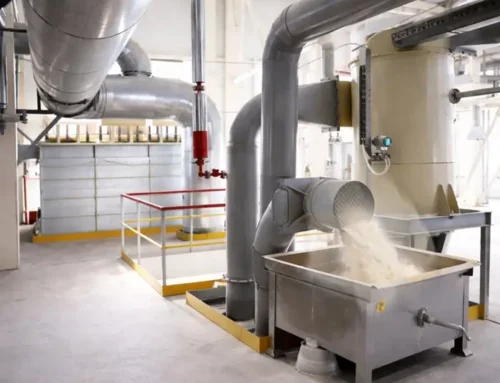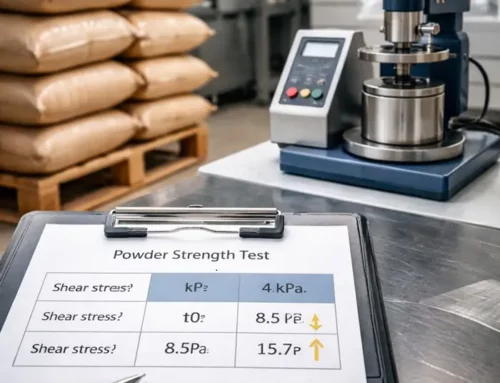
Stability testing protects the nutritional value and safety of animal feed. Essential factors include bioavailability, even distribution of active ingredients, and handling traits like high flowability, low dustiness, minimal moisture absorption, and resistance to caking. Manufacturers add vitamins in small amounts to premixes and APIs, making these factors especially important. Incorrect ingredient levels can directly affect animal growth, health, and productivity.
Premix Stability Testing
Manufacturers ensure even distribution of feed additives by creating premixes with concentrated active ingredients. These premixes typically blend excipients with components like trace elements, vitamins, nutrients, amino acids, and medicinal additives. Strict storage conditions are necessary to maintain the stability of these ingredients, as factors like temperature, humidity, oxidation, light exposure, and metal elements can directly impact a premix’s stability.
Storage conditions
Testing Frequency
We set testing intervals to confirm stability reliably. Initial testing occurs at the start, followed by tests every three months in the first year, every six months in the second year, and then annually.
Testing Procedures
Stability testing targets properties that can change over time and affect product quality. Since no single test can cover all stability indicators, we create a tailored profile in consultation with the applicant. Stability-indicating test methods include:
- Chemical tests: Use neutron activation and X-ray fluorescence to analyze trace metals
- Biochemical tests: Measure vitamins and nutrients
- Physical tests: Assess characteristics like dustiness, flowability, particle size, and surface area
Our expertise
Delft Solids Solutions follows global standards (ASTM, ISO, EPA OPPT) for various analyses. We also offer tests like microscopy, visual assessments, pH measurement, moisture analysis, water absorption, caking evaluation, density, pore volume, and segregation testing. Tested samples can be returned to clients for additional in-house analysis.
About the DSS Method
Our testing directly addresses real-world applications and the specific challenges of each client’s products. Using a wide range of tools, custom setups, and a dedicated workshop for specialized equipment, we deliver accurate and relevant results.
Stability Study
- Stability studies are conducted according to the International Cooperation on Harmonization of Technical Requirements for Veterinary Medicinal Products. We collaborate with clients to develop premixes suited to the targeted animal group and age. The premix is then homogenized and divided into lots for controlled storage testing and further analysis.
Industry Advancements
The API industry develops high-purity products with improved stability, high bioavailability, and optimal handling and mixing properties. New vitamin forms offer advantages over raw forms, but no product is entirely immune to extreme storage or manufacturing conditions. Feed manufacturers should ensure optimal storage, handling, and blending conditions for APIs, and regular quality checks provide additional assurance.
Accelerated tests define “significant change” as a failure to meet set standards. We report any out-of-specification results as soon as they are identified.
Conclusion
Stability testing protects the safety and nutritional quality of animal feed, ensuring nutrients remain effective and well-distributed while supporting animal health and productivity. Regular assessments catch storage or handling issues early, and ongoing monitoring helps maintain ideal conditions for active ingredients. By upholding stability and bioavailability, manufacturers meet standards, build trust, and deliver high-quality feed that enhances both animal welfare and farm efficiency.




